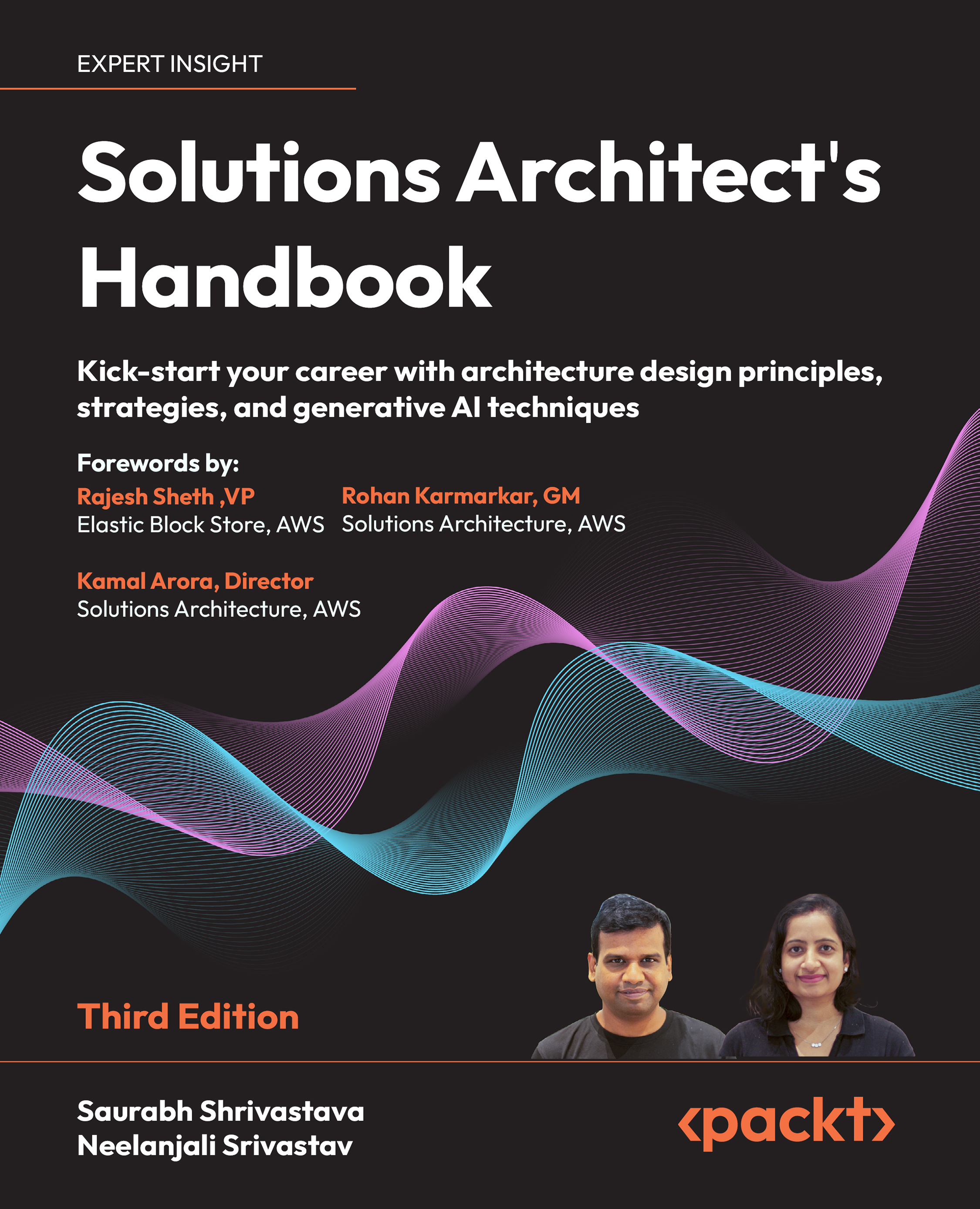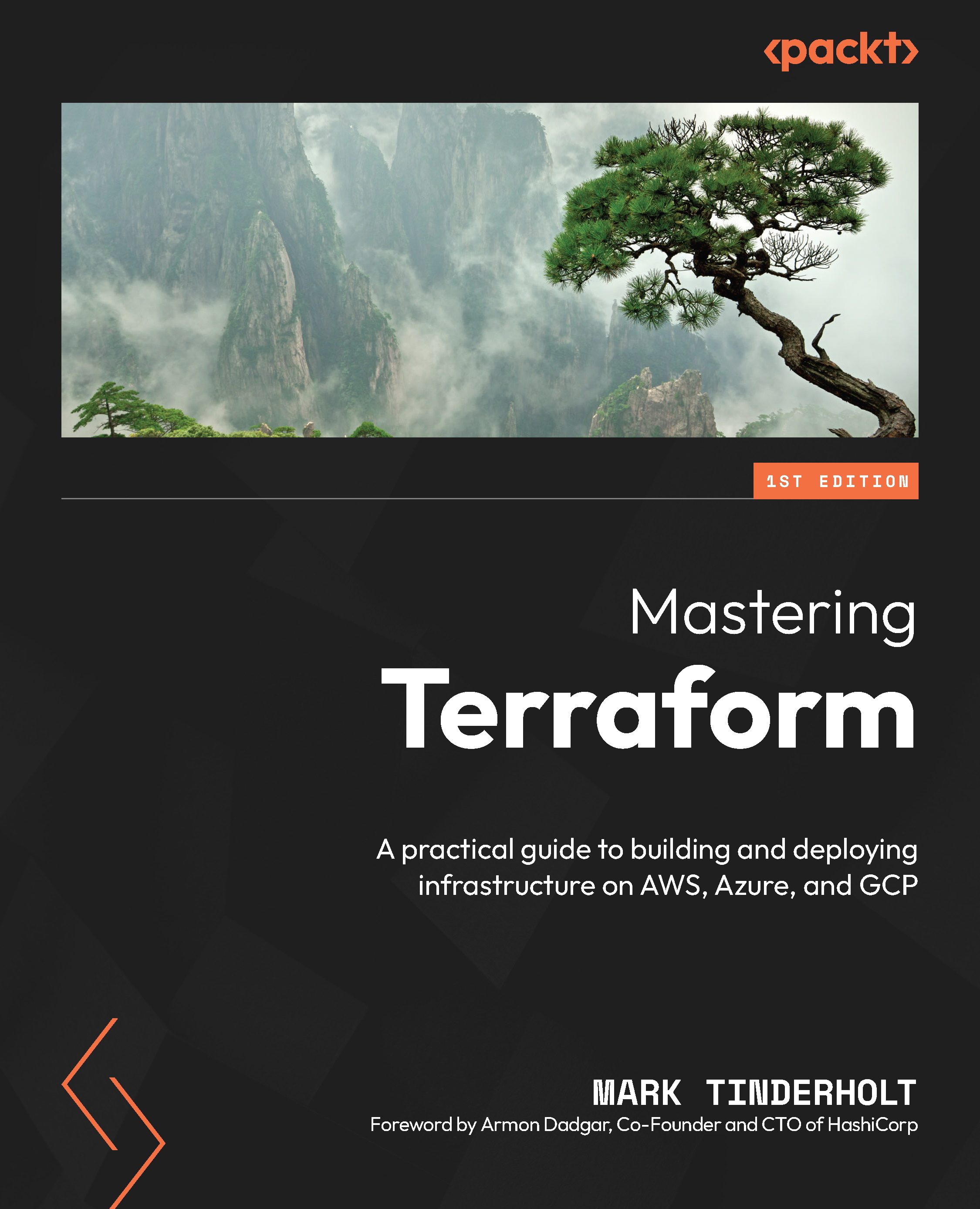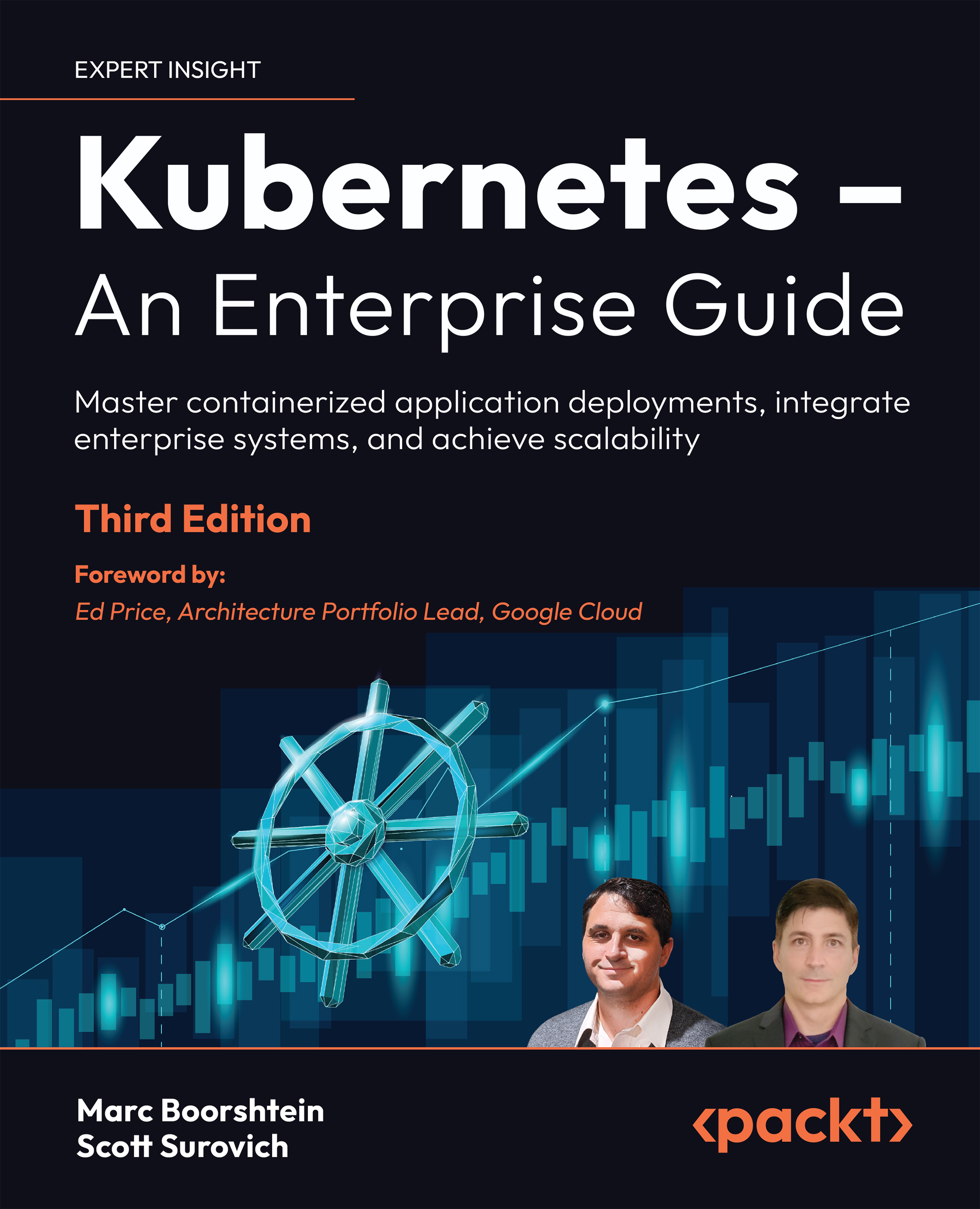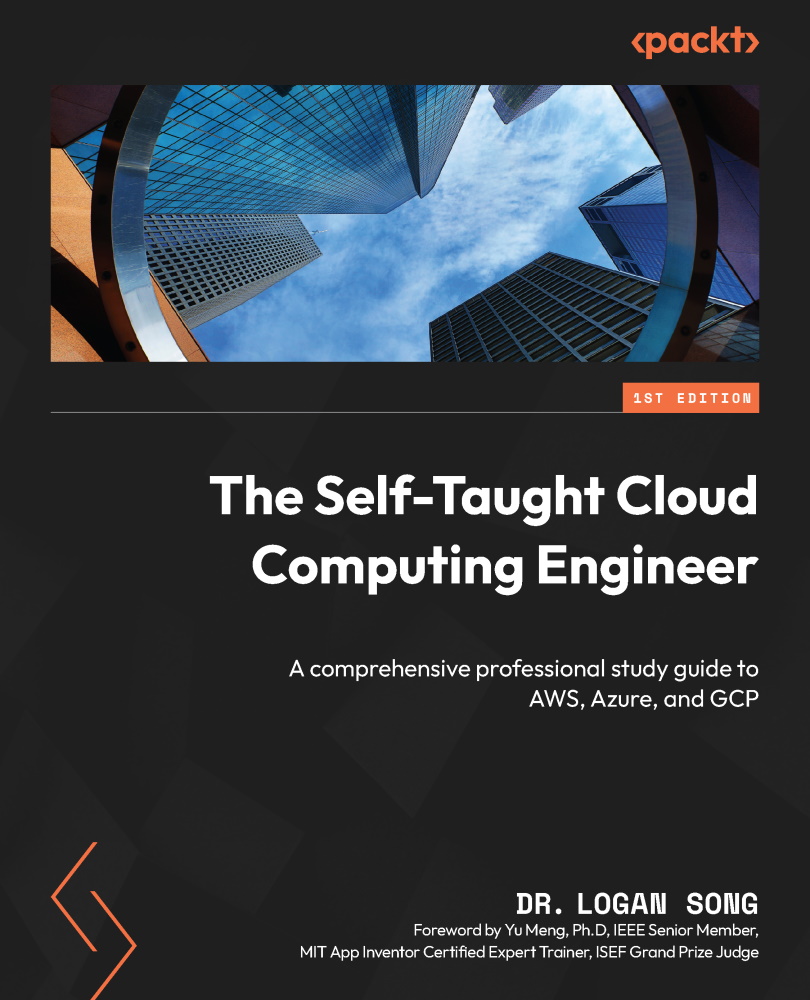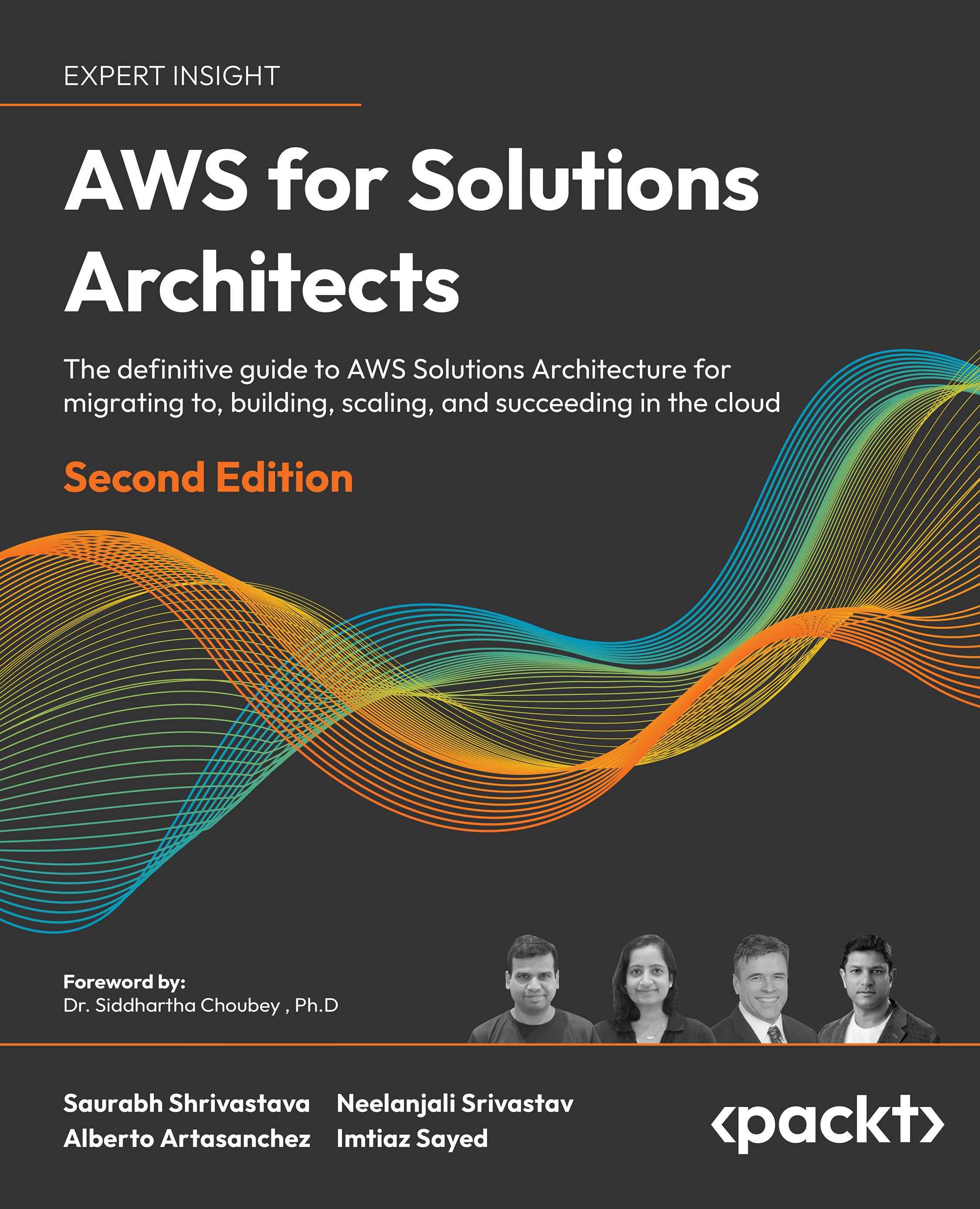-
• Work through practical examples and gain DevOps best practices to successfully deploy applications on AWS
-
• Successfully provision and operate distributed application systems and your AWS infrastructure using DevOps
-
• Perform Continuous Integration and deployment and fine-tune the way you deliver on AWS
Knowing how to adopt DevOps in your organization is becoming an increasingly important skill for developers, whether you work for a start-up, an SMB, or an enterprise.
This book will help you to drastically reduce the amount of time spent on development and increase the reliability of your software deployments on AWS using popular DevOps methods of automation.
To start, you will get familiar with the concept of IaC and will learn to design, deploy, and maintain AWS infrastructure. Further on, you’ll see how to design and deploy a Continuous Integration platform on AWS using either open source or AWS provided tools/services.
Following on from the delivery part of the process, you will learn how to deploy a newly created, tested, and verified artefact to the AWS infrastructure without manual intervention. You will then find out what to consider in order to make the implementation of Configuration Management easier and more effective.
Toward the end of the book, you will learn some tricks and tips to optimize and secure your AWS environment. By the end of the book, you will have mastered the art of implementing DevOps practices onto AWS.
This book is for system administrators and developers who manage AWS infrastructure and environments and are planning to implement DevOps in their organizations. Those aiming for the AWS Certified DevOps Engineer certification will also find this book useful. Prior experience of operating and managing AWS environments is expected.
-
• Design and deploy infrastructure as code within your AWS Virtual Private Cloud
-
• Implement Continuous Integration using AWS Services
-
• Configure EC2 instances using SaltStack
-
• Implement Continuous Deployment using Jenkins and the AWS CLI
-
• Collect important metrics and log data to gain more insight into infrastructure and applications
-
• Troubleshooting popular issues with some less known techniques using the AWS platform
 United States
United States
 Great Britain
Great Britain
 India
India
 Germany
Germany
 France
France
 Canada
Canada
 Russia
Russia
 Spain
Spain
 Brazil
Brazil
 Australia
Australia
 Singapore
Singapore
 Hungary
Hungary
 Ukraine
Ukraine
 Luxembourg
Luxembourg
 Estonia
Estonia
 Lithuania
Lithuania
 South Korea
South Korea
 Turkey
Turkey
 Switzerland
Switzerland
 Colombia
Colombia
 Taiwan
Taiwan
 Chile
Chile
 Norway
Norway
 Ecuador
Ecuador
 Indonesia
Indonesia
 New Zealand
New Zealand
 Cyprus
Cyprus
 Denmark
Denmark
 Finland
Finland
 Poland
Poland
 Malta
Malta
 Czechia
Czechia
 Austria
Austria
 Sweden
Sweden
 Italy
Italy
 Egypt
Egypt
 Belgium
Belgium
 Portugal
Portugal
 Slovenia
Slovenia
 Ireland
Ireland
 Romania
Romania
 Greece
Greece
 Argentina
Argentina
 Netherlands
Netherlands
 Bulgaria
Bulgaria
 Latvia
Latvia
 South Africa
South Africa
 Malaysia
Malaysia
 Japan
Japan
 Slovakia
Slovakia
 Philippines
Philippines
 Mexico
Mexico
 Thailand
Thailand



